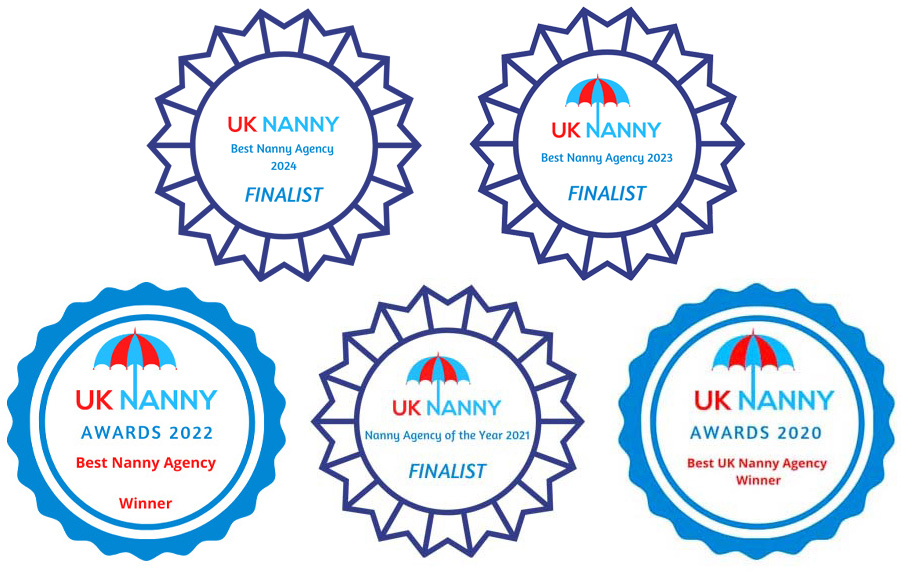We’re only human!

Here are some of my top tips on how to make your childcare solution run smoothly – nannies these apply to you too!
- Be open and honest. If you’re friendly and willing to answer questions from the outset then the relationship will get off to a flying start. It’s easy to assume that nannies know their way around a kitchen, or the car you’ve provided but perhaps they need some help. As well as asking them questions about how they do things, make sure you give them the opportunity to ask questions too.
- Make sure that it is a contractual agreement. It sounds formal but just like any job role, there needs to be a document outlining salary, holiday, car usage, babysitting requirements (if any) and the like which is agreed upon by both parties.
All nannies that I place start with one of my contracts but as every family is unique, you may have your own specific additions too. These all need to be agreed up front to avoid any confusion or misunderstanding further down the line.
- Give them a chance. This is perhaps the hardest point to take on board for parents as nannies are looking after your children and you might be finding it hard to hand over the reins. It’s important to try not to ‘micro manage’ a new nanny and let her build her relationship with the children – nannies are qualified, professional child care providers and know their stuff! Likewise, nannies, give the parents a chance. This is a big step and it will take some adapting – be understanding.
- For the first few months, it may be a good idea to have a monthly catch-up after hours and away from the children. This catch-up is a chance for both parties to discuss how the relationship is progressing, ask questions and talk about new situations that have arisen. Both parties should approach the meeting with an open attitude, listening to comments and taking them on board.
- But, act on concerns Don’t leave things until the monthly catch-up if something is really bothering you, and I don’t mean not putting the milk back in the fridge! If there’s something that you consider serious concerning you, try to assess (how often is it happening? Is it impacting your/the nanny’s relationship with the child? etc) and then address. Take on board the monthly catch-up approach – open attitude and listen.
- Ask for help when you need it. If you’ve reached a hurdle in the relationship, don’t be afraid to ask for help. Whether I have placed a nanny/found a family or not I’m always willing to help so just give me a call or drop me an email.
- Treat them as you’d like to be treated. A nanny is a unique role in many respects as no other job has the potential to make you part of a family. As a result, treat them with respect and not as ‘staff’ and you’ll receive respect in return.
- Pay them properly. Remember you’re the employer, no one else is going to make sure there are sufficient funds to pay salary, no else is going to pay their tax. This is their livelihood, not a casual Friday night babysitter and they deserve to be paid accordingly.
- Keep them informed. This applies to parents for nannies and vice versa. If the childcare situation needs to change, make sure that your nanny is aware of what’s happening with plenty of warning. For example, if you’re discussing a potential nanny share with another family, address it early on with the nanny to ensure it’s agreeable to them. It would be unfair to bring up a change at the last minute or to assume that your nanny will be fine with the changes. Likewise nannies, if your situation changes, don’t leave a family in the lurch – give them plenty of warning.
- Contractual agreement – stick to it. The contract is valuable as it outlines all the core elements of the nanny placement. It loses its value if either party strays from it without due warning or necessary consultation.
My biggest tip is number seven – treat nannies and parents with respect and it tends to work out well.
If you ever need a chat, please just give me a call 01732 838417 and we should be able to nip something in the bud. Just remember, parents and nannies, we’re only human.
